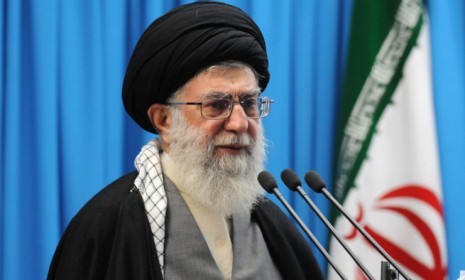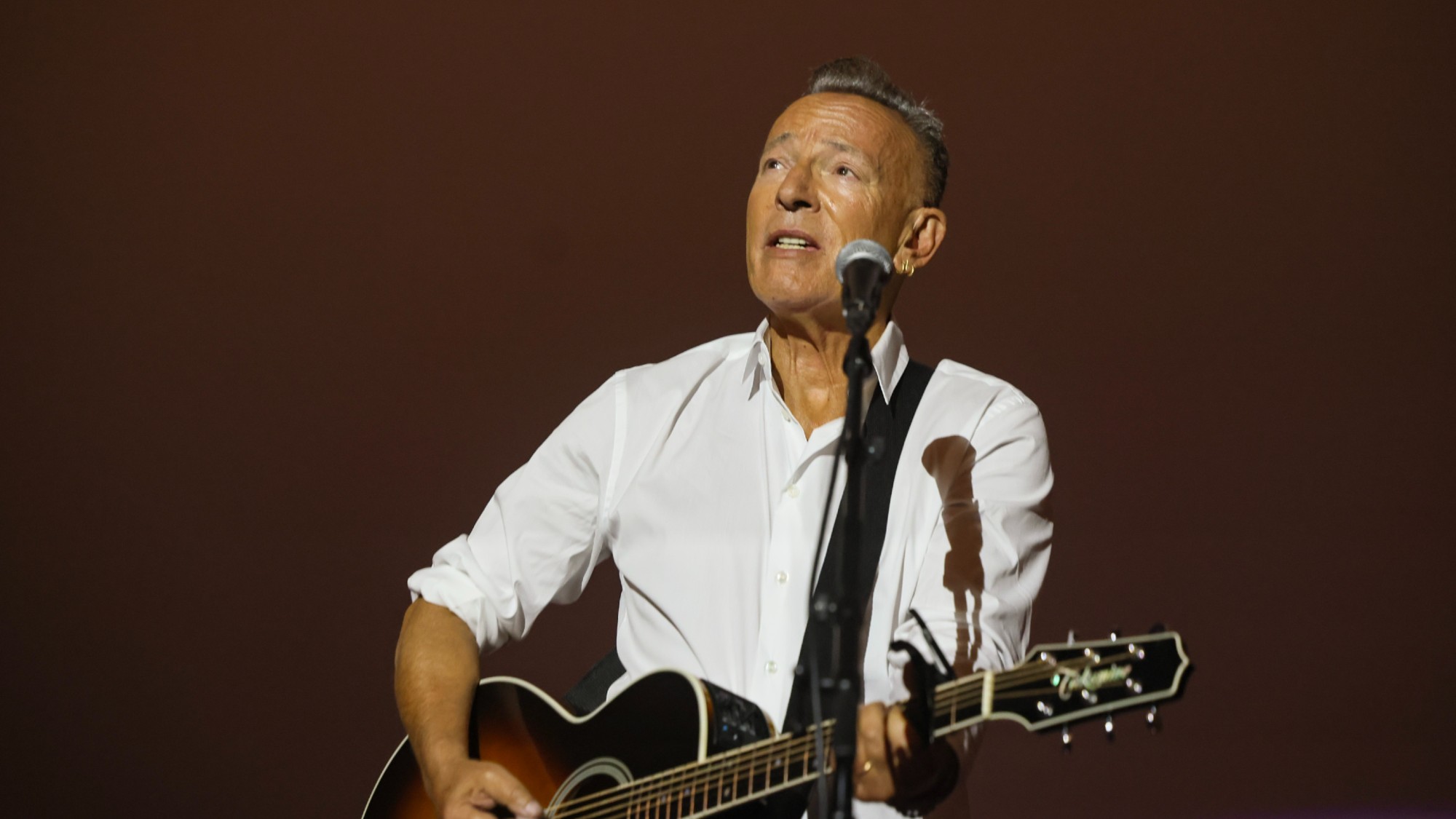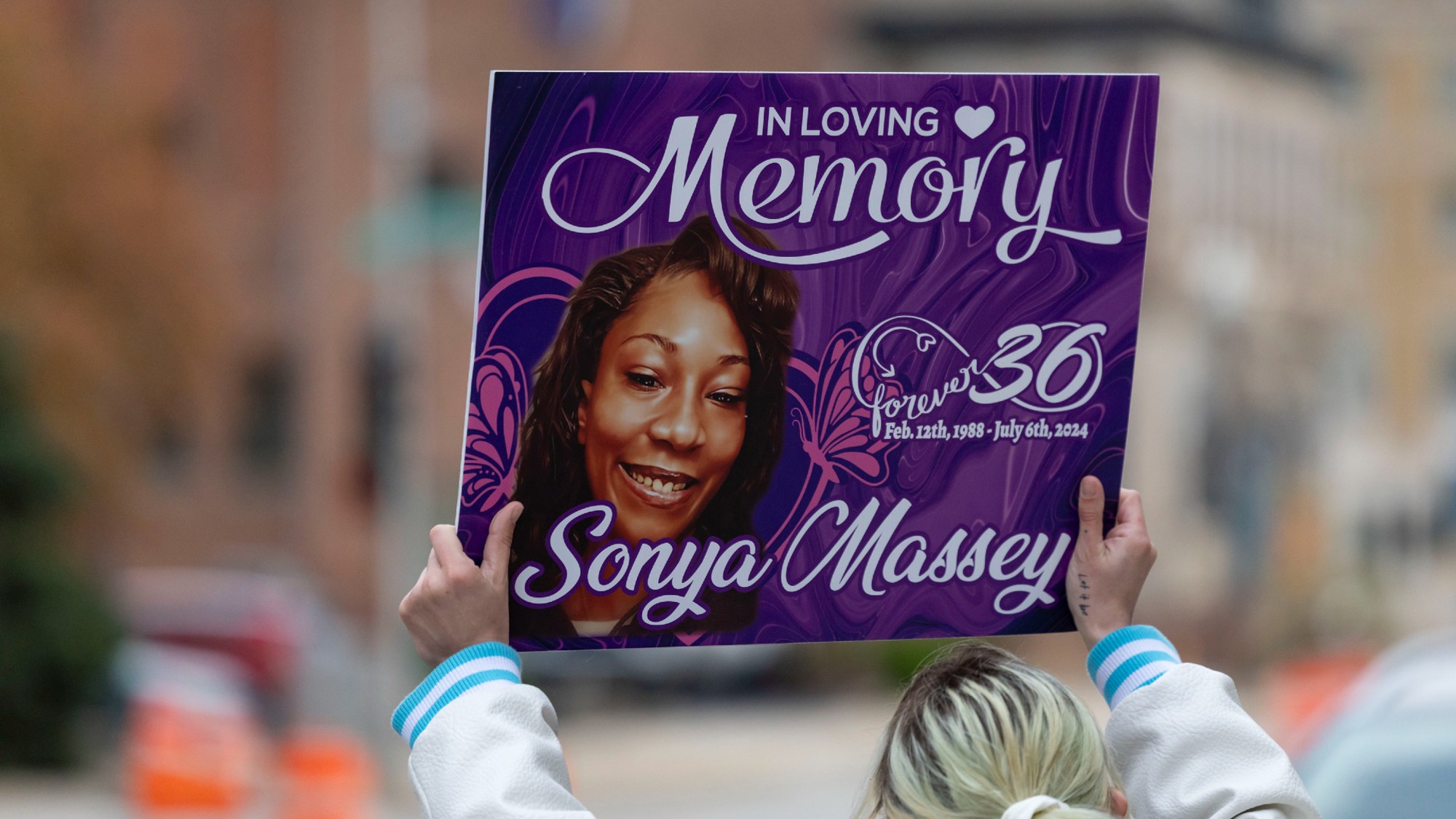The high-stakes Iran nuclear summit: Is a deal possible?
This weekend, Iranian leaders will try to hash out their differences with Western powers. Only the most persistent optimists expect a true breakthrough

Iran and the P5+1 nations — permanent U.N. Security Council members America, Russia, China, France, and England, and Germany — are holding talks this weekend over Iran's nuclear program. The Istanbul summit represents the first Iran nuclear talks in a year and a half, but expectations for a breakthrough aren't especially high, given the players' competing interests and goals, the looming U.S. presidential election, and past negotiating failures. At the same time, crippling economic sanctions are inflicting real pain on Iran, and Supreme Leader Ayatollah Ali Khamenei recently stated that nuclear weapons are "a grave sin," and "logically, religiously and theoretically" antithetical to the Iranian regime. Might diplomacy prevail?
We might just see a breakthrough: "There is too much pessimism in the air" about these talks, says Fareed Zakaria in The Washington Post. "A robust deal is possible," if everyone gets something they want. Perhaps Iran will allow unfettered U.N. nuclear inspections, and the West will let Iran develop civilian nuclear power but no weapons, while easing sanctions as the U.N. team ensures compliance. Iran's hardliners are apparently on board, so the "most formidable" obstacle may be convincing Washington.
"The shape of a deal with Iran"
The Week
Escape your echo chamber. Get the facts behind the news, plus analysis from multiple perspectives.

Sign up for The Week's Free Newsletters
From our morning news briefing to a weekly Good News Newsletter, get the best of The Week delivered directly to your inbox.
From our morning news briefing to a weekly Good News Newsletter, get the best of The Week delivered directly to your inbox.
Huh? These talks are hopeless: Nothing is going to happen in Istanbul, says Fred Kaplan at Slate. Iran is led by "messianic fundamentalists," and no matter what they say, "the Iranians want a pocketful of nuclear weapons." And look, even if Tehran is serious about a deal, "it's hard to envision" one that would satisfy both Iran and Israel. Of course, if there's a diplomatic route to keeping Iran nuke-free, "it's worth pursuing, at some effort and cost." But such a patch is very difficult for me to imagine.
We need a broader vision for Iran: "Nobody can predict where the process of negotiation with Iran is headed," but "Istanbul is a fragile beginning," at best, says David Ignatius at RealClearPolitics. What's needed is "a serious exercise of diplomacy," and the man with a plan is, oddly, Henry Kissinger. He rightly believes that the best way to tame revolutionary Iran is to persuade it to operate "as a nation rather than a cause," and bring it into a new rules-based Mideast "concert of nations" that accepts Iran's rise but limits its "most harmful effects." If "this happens, Iran can be a force for regional stability, not disorder."
"Kissinger's model for a stable Iran"
A free daily email with the biggest news stories of the day – and the best features from TheWeek.com
-
 ‘Something close to a universal rallying cry’
‘Something close to a universal rallying cry’Instant Opinion Opinion, comment and editorials of the day
-
 Trump sues IRS for $10B over tax record leaks
Trump sues IRS for $10B over tax record leaksSpeed Read The president is claiming ‘reputational and financial harm’ from leaks of his tax information between 2018 and 2020
-
 Ex-Illinois deputy gets 20 years for Massey murder
Ex-Illinois deputy gets 20 years for Massey murderSpeed Read Sean Grayson was sentenced for the 2024 killing of Sonya Massey